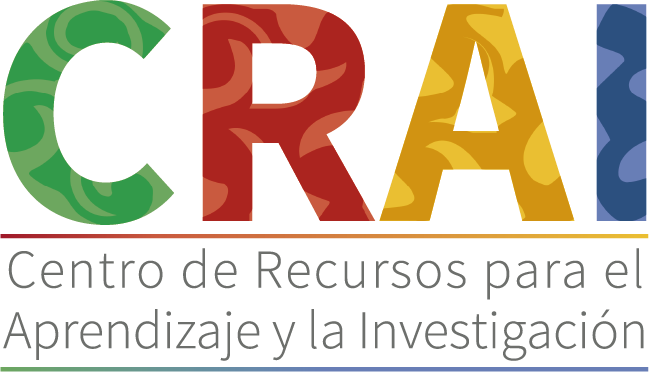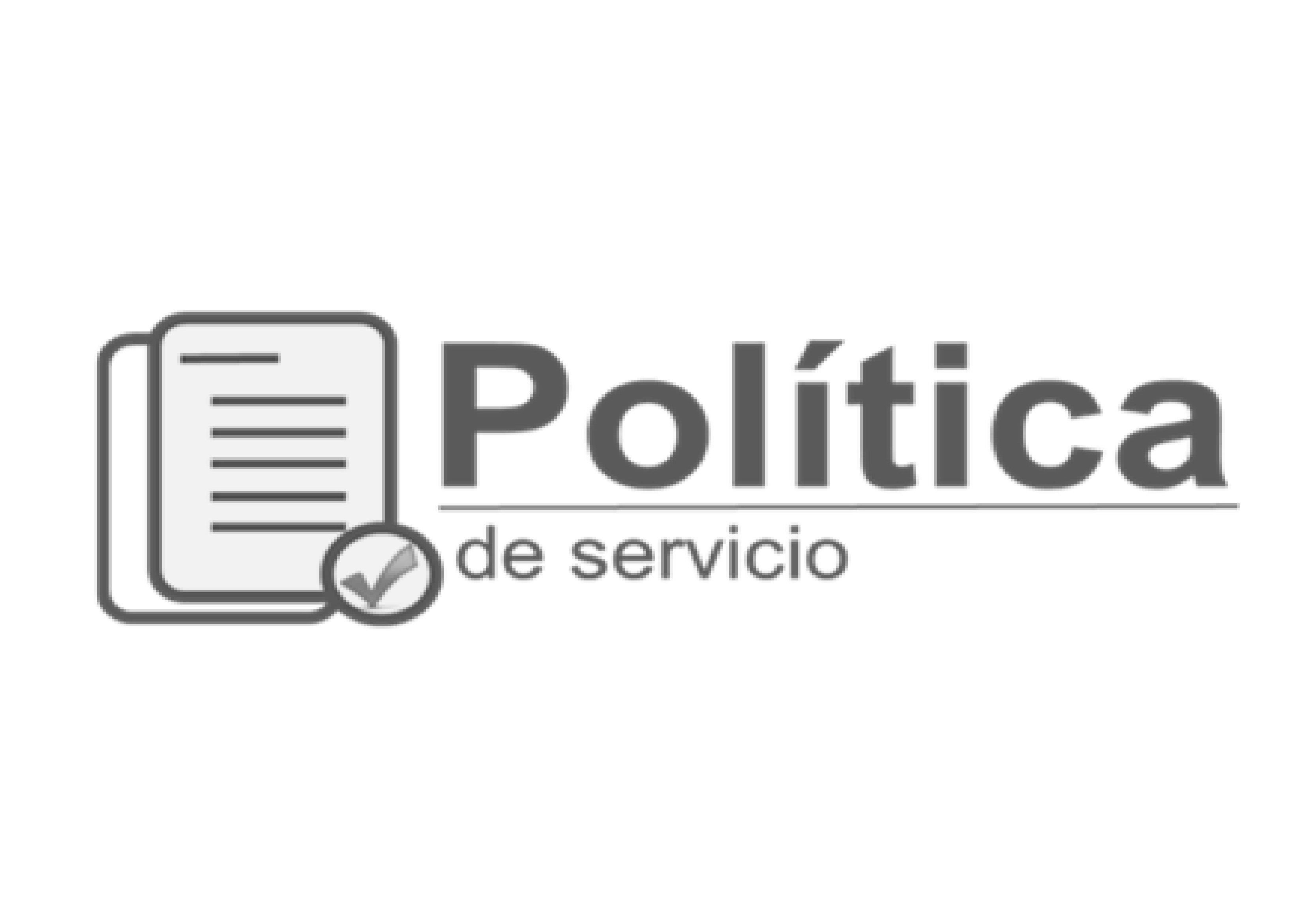Incluye referencias bibliográficas e índice.
Introduction -- Justifying war but restricting tactics -- The just war tradition and war crimes -- Humanitarian concerns -- Justificatory hurdles -- Classifying war crimes -- Summary of the arguments of the book -- Philosophical groundings -- Collective responsibility and honor during war -- The moral equality of soldiers -- The honor of soldiers -- Collective responsibility for increased vulnerability -- Harming humanity and war crimes prosecutions -- Protected persons during war -- Jus gentium and minimal natural law -- Grotius on the sources of jus gentium -- Grotian natural law theory and the rules of war -- Refining the principle of humanity -- Connecting consensual and universal sources of the rules of war -- Humane treatment as the cornerstone of the rules of war -- The Geneva conventions and international humanitarian law -- The concept of humane treatment -- Compassion and minimal suffering -- Mercy, equity, and honor -- Human rights and humane treatment -- Problems in identifying war crimes -- Killing naked soldiers : combatants and noncombatants -- Some notes on the metaphysics of social groups -- Identifying soldiers and civilians -- The guilty and the innocent -- The case of the naked soldier -- Saving the principle of discrimination -- Shooting poisoned arrows : banned and accepted weapons -- An absolute ban? -- Gentili on the use of poisons -- Grotius and fairness in contests -- Minimizing suffering -- Poisoning and necessity -- Torturing prisoners of war : protected and normal soldiers -- Grotius on slaves and prisoners -- Confinement and torture -- Fiduciary and stewardship obligations -- The moral equality of prisoners of war -- Refocusing the proportionality principle -- Normative principles -- The principle of discrimination or distinction -- Focusing on status rather than behavior -- Humane treatment and discrimination -- The naked soldier returns -- Objections -- Individualism and collectivism -- The principle of necessity -- Poisons and aerial bombardment -- Necessity and humane treatment -- Necessity in domestic and international criminal law -- Formulating a test for military necessity -- Relating proportionality and necessity -- The principle of proportionality -- The israeli case -- Humane treatment and proportionality -- Proportionality and weighing lives -- Connecting the normative principles of jus in bello -- Prosecuting war crimes -- Prosecuting soldiers for war crimes -- The Kvocka case -- The men's REA of camp guards -- Criminal liability of soldiers -- Joint criminal liability -- Collective liability and international crime -- Prosecuting military leaders for war crimes -- The case against General Blaskic -- Blaskic's appeal -- The men's REA of leaders -- Negligence in international criminal law -- Benighting acts, willfulness, and pre-commitment -- Commanded and commanding defenses -- Military leaders and necessity -- Soldiers and duress -- Mitigation of punishment for war crimes -- War and coercion -- Treating soldiers and commanders humanely -- Epilogue and conclusions -- Should terrorists be treated humanely? -- The problem of terrorists -- Who are the terrorists? -- What terrorists are owed? -- Honor and instilling humaneness -- Tu quoque -- Conclusions and the grotian project.

Escuela de administración
Facultad de Jurisprudencia
Facultad de Ciencias
Escuela de Ciencias
Escuela de Medicina
Facultad de Economía
Facultad de Estudios
Facultad de Creación
Escuela de Ingeniería,
Otras Ofertas
 Historia y símbolos
Historia y símbolos
 Enfoque estratégico
Enfoque estratégico
 Gobierno universitario
Gobierno universitario
 Playbok - Nuestros pilares de transformación
Playbok - Nuestros pilares de transformación
 Protocolo de seguridad
Protocolo de seguridad
 Archivo histórico
Archivo histórico
 Portafolio de becas, descuentos y apoyo financiero
Portafolio de becas, descuentos y apoyo financiero
 Casa UR
Casa UR






 Proyección social
Proyección social Filantropía
Filantropía Hagámoslo posible
Hagámoslo posible

 Libro
Libro







